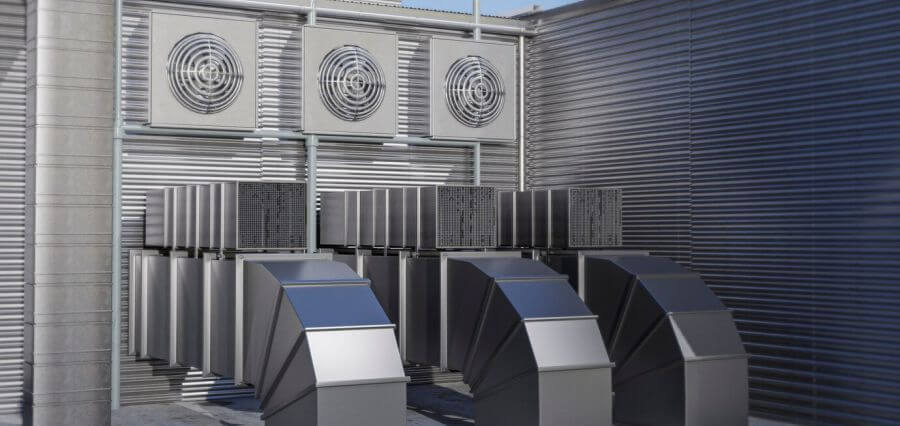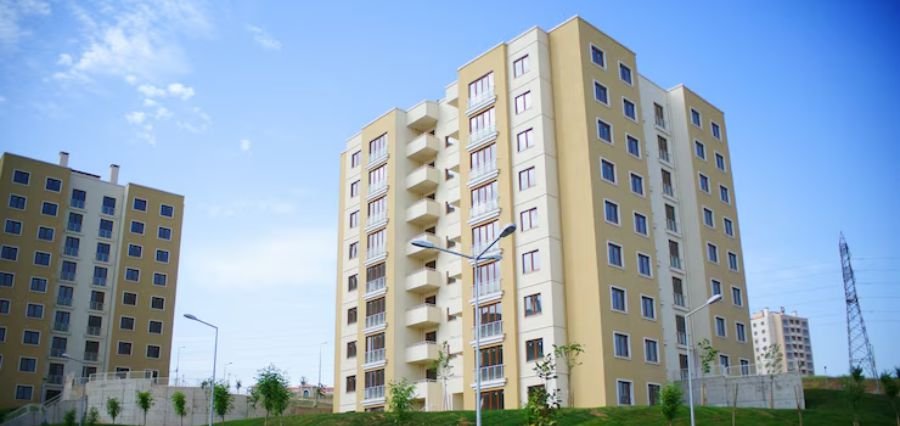The heating, ventilation, and air conditioning (HVAC) industry has recently witnessed a wave of technological advancements designed to meet growing demands for energy efficiency, intelligent technology integration, and sustainable solutions. HVAC professionals face a rapidly changing landscape that requires constant adaptation from smart thermostats to systems powered by artificial intelligence. Staying up to date on these emerging trends is critical not just for survival but for growth in this competitive industry. One way to achieve this is by leveraging AtHomePrep HVAC Training to acquire specialized skills and certifications tailored to today’s industry needs.
Intelligent HVAC Systems and IoT Integration
Modern technology and the IoT have significantly transformed the way HVAC systems work. These innovations allow users to adjust heating and cooling systems from a distance, monitor energy usage, and even have system settings adapted progressively according to usage. For instance, smart thermostats will autonomously learn household or business preferences and set temperatures. In addition, IoT systems facilitate the diagnostics of the devices so that the technicians can solve problems without physically visiting the site. This shift is beneficial for the customers as well as for the system and reduces the energy consumption.
This emerging trend means that HVAC professionals must embrace technology. Innovative HVAC systems require an understanding of interfaces, wireless communication, and security measures used by software technicians. This new knowledge level means that consumers must learn constantly because manufacturers release updates and improvements. Specialists ready to learn fast and study all the vagaries of connected things like IoT can deliver better service and become pioneers.
Energy Conservation and Environmental Management
Consumers, firms, and policymakers are paramountly concerned about energy efficiency and environmental sustainability. The HVAC industry, in particular, uses a large amount of energy, so it has developed new technologies that will help reduce energy consumption and, hence, carbon footprint. Some of the technologies that have come to the limelight due to their efficiency and sustainability include heat pumps, energy recovery ventilators, and variable refrigerant flow systems.
The laws governing the HVAC industry are frequently updated, and new energy-efficient techniques have to be implemented to survive the competition. For instance, knowing the state and federal energy codes can help a building pass an inspection or avoid compliance problems at great expense. The basics of green building certifications like LEED and getting acquainted with green refrigerants also form part of one’s knowledge. Such specialization will guarantee technicians a niche in the market by appealing to environmentally sensitive customers. Thus, these HVAC experts must attend training courses and industry seminars that will prepare them to put these solutions into practice.
Machine Learning and Predictive Maintenance
AI and predictive maintenance are an entirely new approach to the maintenance and optimization of HVAC systems. AI algorithms can look into extensive data from connected devices. Therefore, they can identify common performance patterns and even anticipate when equipment will fail. This enables regular maintenance, thus reducing the time of system failure, improving system durability, and diminishing costs. In some predictive maintenance systems, the users and technicians can be informed when a component is degrading or approaching failure so necessary maintenance can be scheduled.
For HVAC technicians, this trend means learning how to analyze data and understand AI-driven platforms. It is also essential to understand diagnostic data, implement predictive tools, and modify the settings concerning the recommendations provided by the AI. HVAC professionals can, therefore, provide better service through AI-supported maintenance practices, creating and sustaining a good rapport with their clients. These skills will undoubtedly put technicians in a unique position as the world becomes more data-oriented.
Staying Ahead in a Rapidly Changing Industry
Every year, there are new inventions in HVAC technology, which is why these professionals need to be innovative. A positive attitude towards learning, training, and certification can go a long way in creating a sustaining long-term strategy. Apart from attending workshops and courses, HVAC technicians must build a community of like-minded people, participate in discussions, share experiences, and knowledge, and investigate the industry’s tendencies through practical work—this way, they are always informed of the current trends and practices in the market.
However, industry partners, manufacturers, and training providers can be more trusted and provide a competitive advantage. The greatest benefit of continuous professional development is that HVAC professionals gain the necessary depth of knowledge and experience to meet client’s needs effectively and accurately. Thus, learning is important for industry veterans and new entrants to meet the challenges that accompany the transformation of the HVAC industry.
Overall, the HVAC industry is very competitive and requires embracing technology, training, and progressive thinking. As such, it is clear that markets such as intelligent systems, energy efficiency, and AI-driven maintenance will define the market’s future, so those who see new learning opportunities and choose the path of innovation will benefit. HVAC professionals can continue to position themselves at the leading edge of a burgeoning field by preparing themselves with the information and tools to help them adapt to new requirements.















